Shepherding
In 1647 Richard Baxter came to Kidderminster, England to pastor the town’s only church. When he arrived he found a congregation of a few dozen “ignorant, rude and reveling people.” Astoundingly, within a few years the church had to build five galleries to hold all the people in attendance! According to a visitor of Kidderminster, “On the Lord's Day you’ll pass scores of families singing Psalms and discussing the sermon.” What caused the drastic change in the very ethos of this town? Certainly the Lord was pleased to pour out His grace upon this community, but the human means used to work such a transformation was the practice of diligent shepherding of the flock.
In his landmark book, The Reformed Pastor, Baxter lays out his model (based on Acts 20:28) for shepherding the flock. This book has had a glorious history of usefulness ever since. Indeed, Charles Spurgeon’s wife used to read it to him on Sunday evenings after his labors were done!
At the heart of Baxter’s shepherding model was the annual meeting where the elder sat down with the family (in their home) and discussed everything from their pattern of family worship and Bible reading, to their Lord’s Day observance, to the health of their marital relationship, to their growth in sanctification, to their practice of tithing and parenting. The elder would also strive to encourage, counsel, teach, and minister in a way that was not possible in the normal assembling together on Sundays. In short, the elder was there to care for the sheep.
Was this model effective? Absolutely, because it’s Biblical; and because it provided an ongoing accountability and nurturing relationship between a shepherd and the sheep.
What was the lasting impact of this model of ministry? In 1743, 80 years after Baxter left, George Whitefield visited Kidderminster and commented, “I was greatly encouraged to find the sweet savor of Mr. Baxter's ministry still permeating the town.”
Shepherding at WRPC
We are striving to put into practice this very model at Woodruff Road. Each communing member of WRPC has been placed in a shepherding group, under an elder's care. These shepherding groups meet each Sunday at 11:20 AM for prayer, study, fellowship and encouragement. They also meet at other times for fun and fellowship and ….eating. We have also implemented the practice of annual elder shepherding visits; the elder will call each family in his group and meet with them at a time that's convenient for the family. Then, he'll come to the home and spend an evening praying with the family, talking to them about their growth in grace, discussing their struggles in the Christian life, and generally seeking to encourage each member of the family in their faith. The elder's desire is not to be the "spiritual police" or to just be nosy…but to give mature, godly oversight.
But our vision for shepherding the flock is not a once a year thing- each of our elders is very accessible and wants to be the first line of spiritual care. We encourage our members: If you have a physical or familial or prayer or spiritual need - don't hesitate, call your shepherding elder. We are committed to caring for the flock the Lord has given us and seeking to obey our clear mandate: "Shepherd the flock of God which is among you, serving as overseers, not by compulsion but willingly, not for dishonest gain but eagerly; nor as being lords over those entrusted to you, but being examples to the flock." (1 Peter 5:2-3)
This model is also "constitutional." Our Book of Church Order states (in 8.3): "It belongs to the office of elder…to watch diligently over the flock committed to their charge, that no corruption of doctrine or of morals enter therein….they should visit the people at their homes….they should instruct the ignorant, comfort the mourner, nourish and guard the children of the church…they should pray with and for the people, being careful and diligent in seeking the fruit of the preached Word among the flock." (cf. 12:5)
Most importantly - this practice is "apostolic." Look at how often this practice is modeled and mandated in scripture:
Acts 20:28-31
1 Thessalonians 2:7-8
Hebrews 13:17

